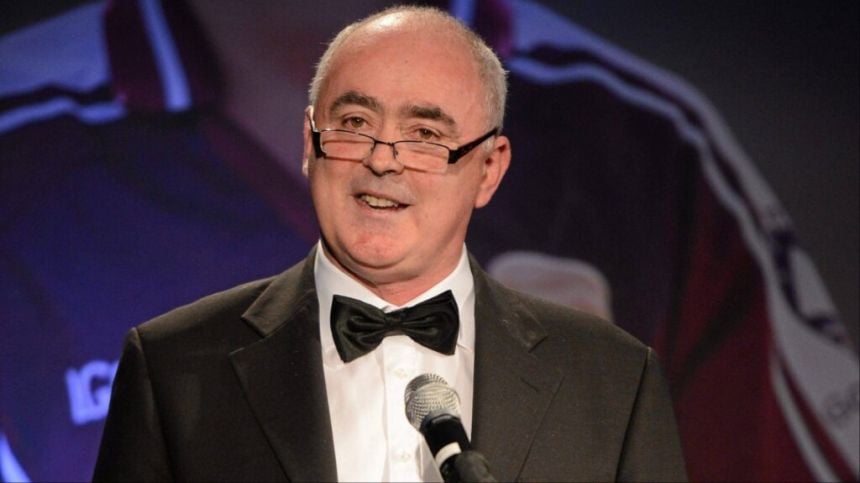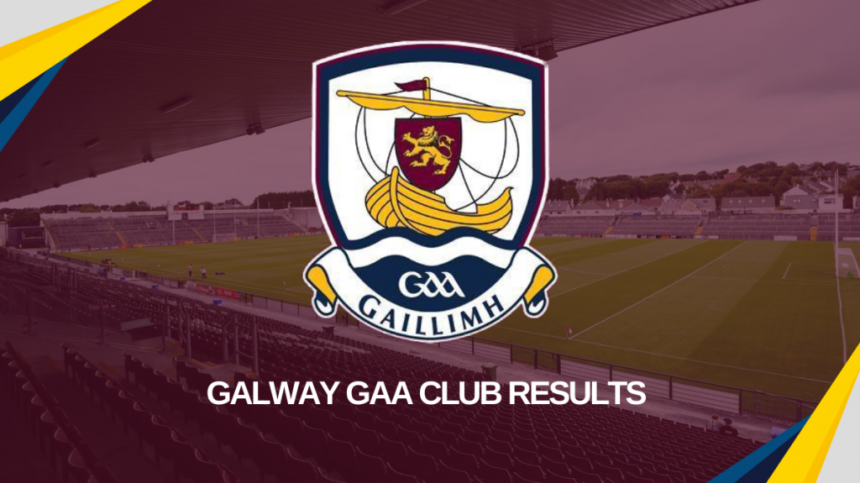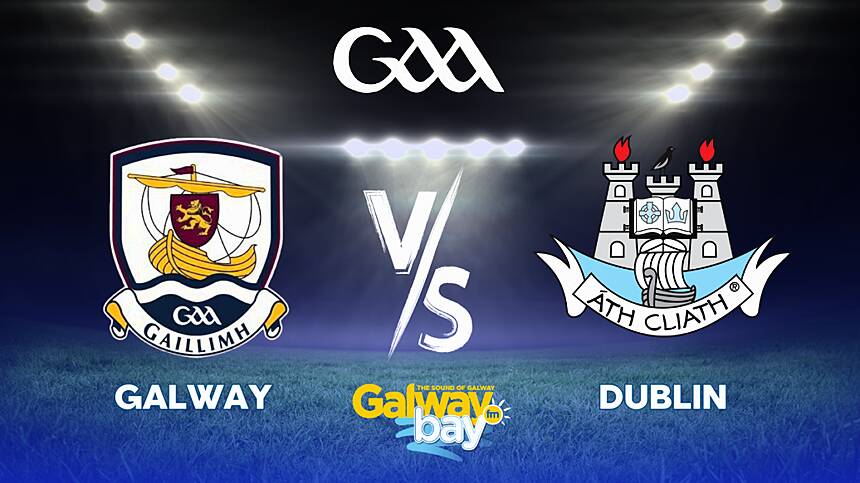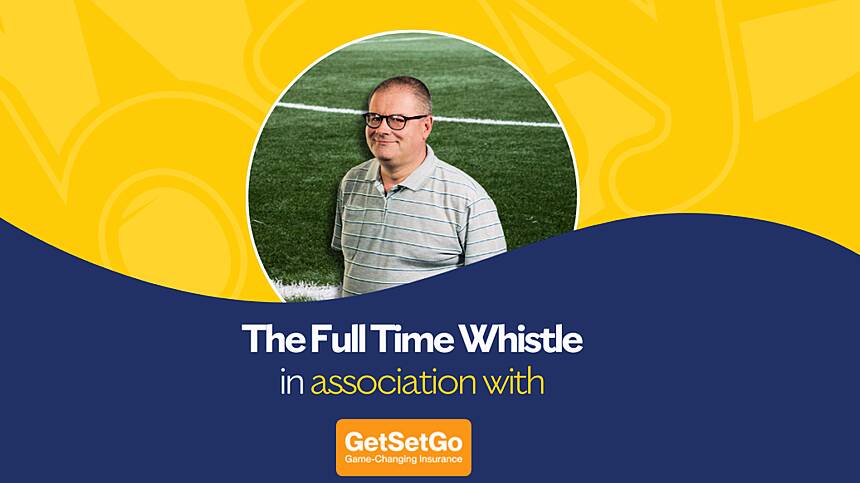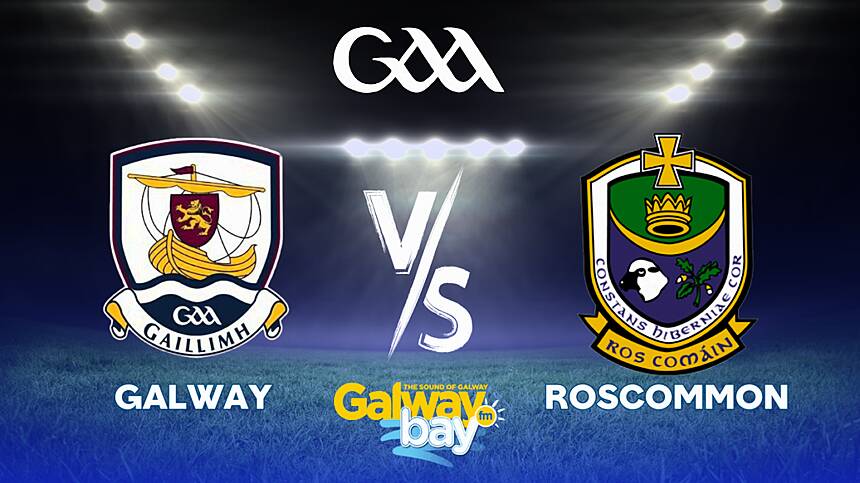By DAIRE WALSH
Following a lot of hard work behind the scenes, Liam Moggan was thrilled to finally see the Gaelic Games Coach Pathway being officially launched at Croke Park last Friday week.
Previously a PE, geography, maths and history teacher at Ardscoil Ris in Dublin, Galway native Moggan joined the National Coaching & Training Centre (later to be known as Coaching Ireland and Sport Ireland Coaching) on a full-time basis in 1998 and remained there until his eventual retirement 19 years later. He has remained active in recent years, however, and it is through his role as Chair of the Coach Development Advisory Committee that he became so heavily involved in the establishment of the Gaelic Games Coach Pathway.
Effectively mirroring the Gaelic Games Player Pathway that was introduced in 2021, this programme is significant in the sense that the LGFA are working in conjunction with the GAA and the Camogie Association to set up an aligned pathway and vision for coach development. Given their status as the three sporting bodies with the responsibility for the promotion of Ladies Football, Hurling, Gaelic Football and Camogie, Moggan is quick to outline how important it is for them to all work together on this initiative.
“To reach out to others who have a passion for where they are, for where they sit, it does take a big leap of faith. That we’re here to serve people, these people are serving people, they’re the nearest people to us in the values that we have and in the games that we have. Bringing all that together really spreads the good message about coaching far, far wider,” Moggan explained.
“It really gets the view of coaching that it’s there to serve everyone. Age is no barrier, gender is no barrier, even the sports themselves are no barrier. We’re there to serve the people who are in front of us.
"All good things take time and all good things are worth doing for their own sake. It’s certainly a project and a pathway that doesn’t demand to be done quickly. It has been gained by reflective thought, people getting around tables and sharing ideas.”
While he led an astonishing 35 tutor development courses that catered for more than 50 different sports from 1994 to 2017, Moggan has always kept a close watch on how the LGFA has developed from a coaching education perspective. He has been impressed with how ladies football has progressed in this area and believes it compares quite favourably to other sporting codes that have been in existence for a longer period of time.
“They’re driven, they’re committed, they have very high standards. They’re extremely well led, they have a wonderful product and the processes that they build around that through the coaches and the courses, and the coach developers, are second to none.
“It isn’t reflective of any other governing body to say that when you go to a ladies gaelic football coach education course, that there’s a different vibe about it. There’s a different whiff in the air, there’s a different pace to it.
“One, they’re newer than any other. There’s various areas of governance that were laid out when they were set up. They’re smaller, even though it’s growing, and they’ve a wonderful game.”
Coaching education in Ireland has also changed over time and there is one particular notion - which could apply to an individual who is overseeing a ladies football team just as much as it would to be someone who is working in the international arena - that is often espoused that Moggan does his utmost to dispel.
“There’s a myth and it’s a myth that I believed for a long time, that coaching at the start, at kids level, is difficult and gets easier as you go along. That is a complete myth. The day that you stand in front of a group of five, six year olds, that session, that day is very difficult and the good coaches hold onto that difficulty or discomfort right all the way.
“Even if they progress to senior inter-county level or, dare I say it, in other sports to international level. The only difference is that the same tools are needed, just like musicians playing the same chords. Rock musicians and orchestral musicians. Country and western singers, and ballad singers.
“They still use the same notes, but they produce a different end product. Coaches of kids and coaches of international athletes use the very same tools. It’s even more important that the coaches at the kids' level have these tools, so that they can encourage the beauty and joy, and help them progress in that way.”
Moggan also has a passion for more female coaches becoming involved in sport, whether that be in quintessential women’s organisations such as the LGFA or any other code that can be found throughout the land. A recent appointment within the Irish sporting world has given him cause for optimism in this regard, though he recognises that there is still a long road left to travel.
“Eileen Gleeson being appointed the manager of the Irish ladies soccer team, personally, has given me great joy. I met her many years ago and while I may not have known her name in the first day or two I saw her on a course, I certainly knew very quickly that this was a lady who had a drive and an interest to develop women’s soccer and women’s coaching,” Moggan added.
“To see someone who has walked the sidelines of hundreds and thousands of pitches, at home and abroad, now get to the top of the pedestal, she’s a great role model. There is a universal challenge to increase the number of women’s coaches across all sports. I’m not claiming this coach pathway is going to be the key that unlocks it for all.
“It would be the ultimate aim, while also acknowledging that we don’t have all the answers. Anywhere we have a diversity of interest and thought, that place is better. Women add to every course, they add to every meeting. The more of them we have in coaching young girls, the better it will be, I believe.”


